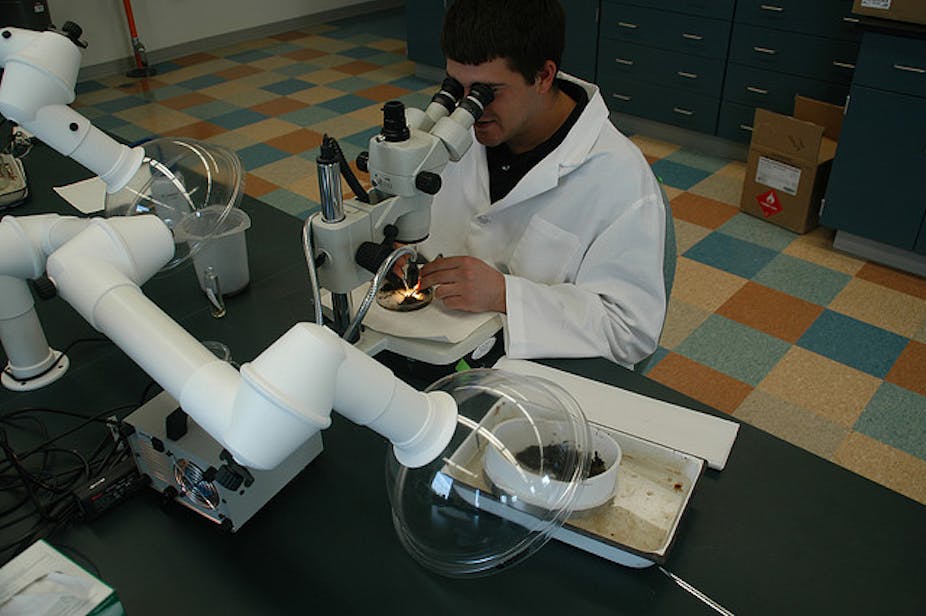Two peak bodies for science researchers today welcomed the release of the Department of Agriculture, Fisheries and Forestry’s Science Strategy 2013-2018, a document that aims to ensure government policy is informed by science.
The strategy underlined the importance of science to public policy development, said Andrew Metcalfe AO, Secretary Department of Agriculture, Fisheries and Forestry (DAFF).
“Good science is the foundation of productive, competitive and sustainable agriculture, fisheries and forestry industries,” he wrote in the document’s foreword.
“The importance of that role will only get stronger in the future – not only in DAFF, but across the Australian Public Service and within the Australian community as a whole.”
The science strategy aimed to ensure that “a thriving culture of science in Australia is something that we must contribute to and draw upon at every opportunity. Our peers and partners across all disciplines are central to our success,” he said.
Beyond the election cycle
Professor Les Field, Deputy Vice-Chancellor (Research) at the University of New South Wales and secretary of science policy at the Australian Academy of Science, welcomed the release of the strategy.
“We are very keen to make sure that governments make better use of the research sector in providing informed comment and assistance in evidence based decision making into the future,” he said.
“The big issues – whether it’s climate change or how to manage the Murray Darling Basin – these things have horizons well beyond the election cycle and having a balanced, well-informed decision making process is crucial for tackling these problems into the future,” said Professor Field.
“At the moment, the government does have a much shorter term perspective on just about everything. Many of the issues we are talking about are larger issues that require a strategic understanding of technical concepts and you need to make the best use of the science sector.”
Chief Executive of Universities Australia, Belinda Robinson, said the DAFF science strategy “represents a genuine and substantial effort to recognise and embed scientific knowledge into the processes, organisational culture, and ultimately the policy development and management of the Commonwealth Department of Agriculture, Fisheries and Forestry.”
“Embedding research into our culture, business and policy development processes, will enhance the well-being of all Australians and make us a more productive and prosperous nation.”

